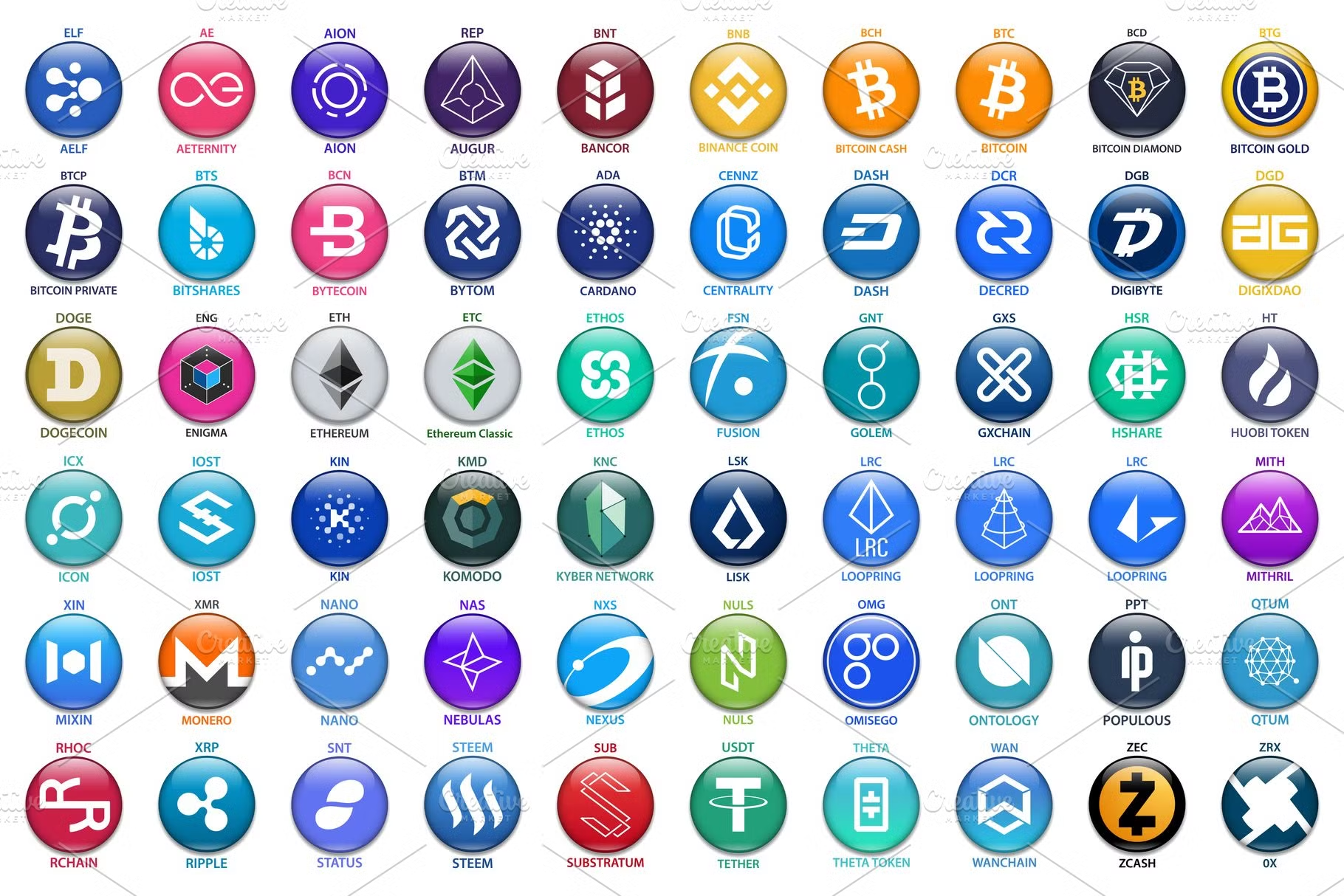Cryptocurrency
As a ‘meme’ token, SHIB is also often driven both up and down by hype and social media traction. As with Dogecoin, SHIB can fluctuate wildly after being mentioned by crypto influencers like Elon Musk.< https://regalassetsv.com/in-depth-regal-assets-review-are-they-a-trustworthy-precious-metals-company/ /p>
LEASH was originally a rebase token but the developers recently removed the rebase to increase the potential. It has a total supply of 107,646 tokens, offering different incentives and rewards on ShibaSwap.
In a blog entry, Ryoshi described themself as “just some guy of no consequence tapping at a keyboard.” Ryoshi also claims to own no SHIB tokens and that Shiba Inu is an experiment in decentralized community building.
These long strings of numbers, both in terms of tokens owned and the price per token, make calculation difficult. As such, some SHIB investors multiply their holding of SHIB tokens by an optimistic future price of $0.01 per SHIB or even $1, mostly just for simplicity’s sake.
SHIB is used as a store of value, as well as a tradable cryptocurrency token that facilitates global payments. SHIB is also used ons ShibaSwap, Shiba Inu’s native decentralized exchange (DEX). SHIB and other ecosystem tokens, BONE (a community governance token) and LEASH (another ERC-20 token) are said to be best purchased on ShibaSwap.
What is cryptocurrency
Cryptocurrency mining, particularly for Bitcoin, consumes significant amounts of energy. The environmental impact of this energy consumption has raised concerns, leading to discussions about sustainable and eco-friendly alternatives.
Investors Warren Buffett and George Soros have respectively characterized it as a “mirage” and a “bubble”; while business executives Jack Ma and JP Morgan Chase CEO Jamie Dimon have called it a “bubble” and a “fraud”, respectively, although Jamie Dimon later said he regretted dubbing bitcoin a fraud. BlackRock CEO Laurence D. Fink called bitcoin an “index of money laundering”.
There are several ways cryptocurrency can make money for you. Decentralized finance applications let you loan your crypto with interest; you can stake a compatible one on a blockchain or at certain exchanges for rewards, or you can hold on to it and hope its market value increases. None of these methods are guaranteed to make money, but many people have benefitted from them.

Cryptocurrency mining, particularly for Bitcoin, consumes significant amounts of energy. The environmental impact of this energy consumption has raised concerns, leading to discussions about sustainable and eco-friendly alternatives.
Investors Warren Buffett and George Soros have respectively characterized it as a “mirage” and a “bubble”; while business executives Jack Ma and JP Morgan Chase CEO Jamie Dimon have called it a “bubble” and a “fraud”, respectively, although Jamie Dimon later said he regretted dubbing bitcoin a fraud. BlackRock CEO Laurence D. Fink called bitcoin an “index of money laundering”.
Cryptocurrency wallets
A crypto wallet is a digital tool that enables you to store, manage, and interact with your cryptocurrencies. Unlike traditional wallets that hold physical cash, a crypto wallet stores the keys needed to access and manage your digital assets on the blockchain. Your keys come in two forms: public keys, which are like your bank account number and can be shared with others to receive funds, and private keys, which are akin to your PIN and should be kept secret to protect your assets.
Please note that the availability of the products and services on the Crypto.com App is subject to jurisdictional limitations. Crypto.com may not offer certain products, features and/or services on the Crypto.com App in certain jurisdictions due to potential or actual regulatory restrictions.
In hot wallets, private keys are stored and encrypted on the app itself, which is kept online. Using a hot wallet can be risky since computer networks have hidden vulnerabilities that can be targeted by hackers or malware programmes to break into the system. Keeping large amounts of cryptocurrency in a hot wallet is a fundamentally poor security practise, but the risks can be mitigated by using a hot wallet with stronger encryption, or by using devices that store private keys in a secure enclave.
/Crypto_Wallets_Review-0cfaf508fdaa42aaa8f5a9563e45300b.jpg)
A crypto wallet is a digital tool that enables you to store, manage, and interact with your cryptocurrencies. Unlike traditional wallets that hold physical cash, a crypto wallet stores the keys needed to access and manage your digital assets on the blockchain. Your keys come in two forms: public keys, which are like your bank account number and can be shared with others to receive funds, and private keys, which are akin to your PIN and should be kept secret to protect your assets.
Please note that the availability of the products and services on the Crypto.com App is subject to jurisdictional limitations. Crypto.com may not offer certain products, features and/or services on the Crypto.com App in certain jurisdictions due to potential or actual regulatory restrictions.
In hot wallets, private keys are stored and encrypted on the app itself, which is kept online. Using a hot wallet can be risky since computer networks have hidden vulnerabilities that can be targeted by hackers or malware programmes to break into the system. Keeping large amounts of cryptocurrency in a hot wallet is a fundamentally poor security practise, but the risks can be mitigated by using a hot wallet with stronger encryption, or by using devices that store private keys in a secure enclave.
